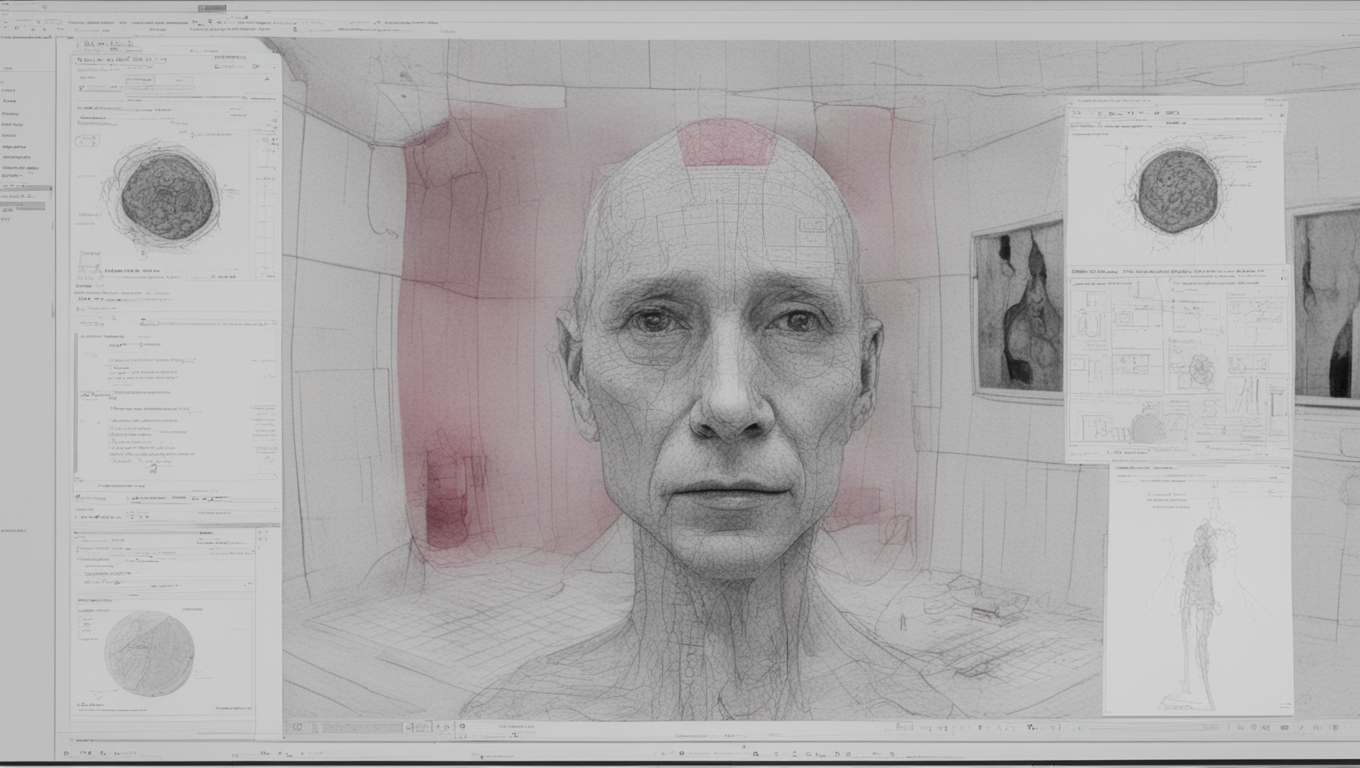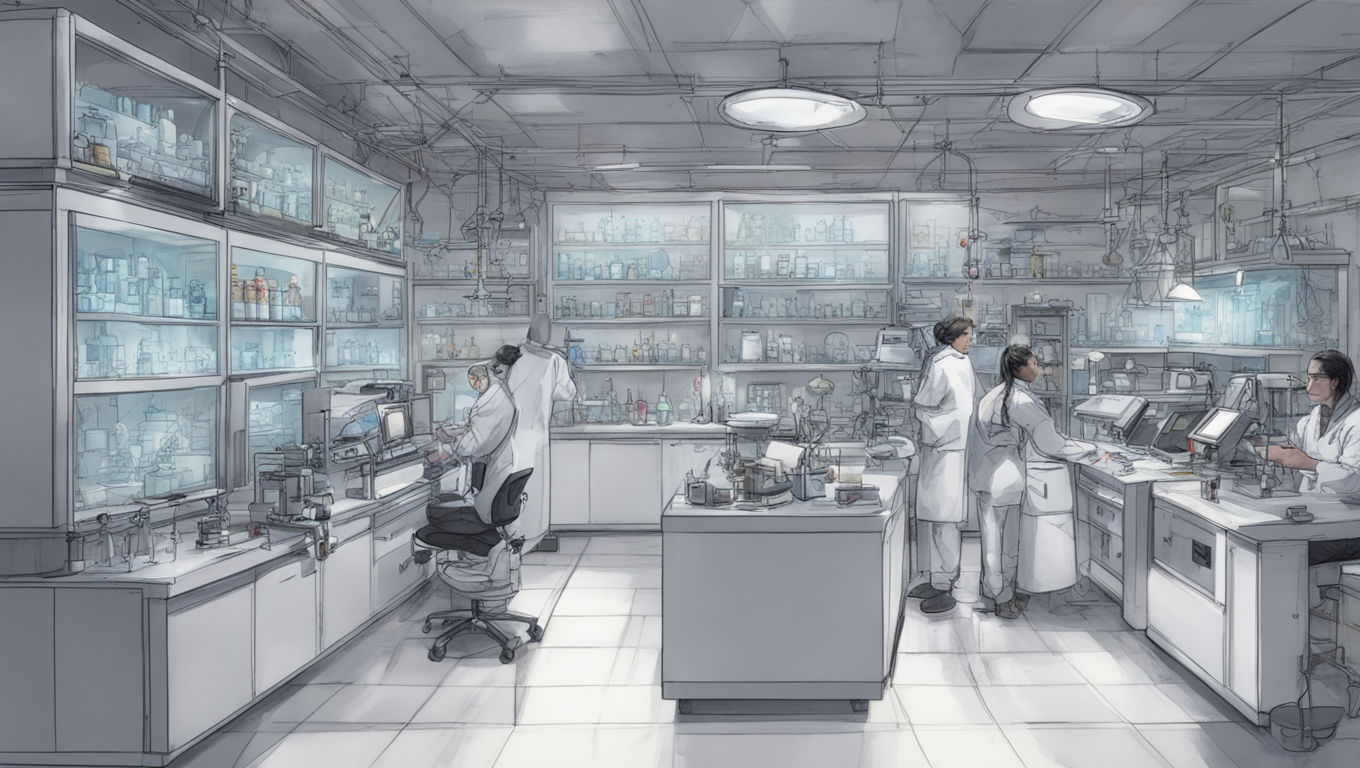Cancer diagnosis and treatment in Scotland are undergoing a revolutionary transformation, thanks to the power of artificial intelligence (AI). A groundbreaking project is utilizing AI to scan X-rays in real-time, detecting tumors within seconds and even spotting the earliest stages of cancer that could easily be missed by human radiologists. By utilizing a comparative database of hundreds of thousands of previous X-rays, AI can rapidly identify the most serious cases, allowing for further tests and urgent treatment. The implementation of AI in diagnosing cancer has resulted in patients beginning treatment weeks earlier than before, significantly improving their chances of survival.
The impact of AI on cancer diagnosis and treatment has been largely unexplored, with only a few trials taking place in Scotland. However, in a major development, a study of preliminary data from a trial at NHS Grampian has provided scientific evidence of the benefits of this hi-tech process. The trial, which focuses on detecting lung cancer cases in Aberdeenshire, has shown a reduction in the time between people getting chest X-rays and receiving treatment for lung cancer by an average of nine days. Moreover, the variation in the delay to treatment has also decreased substantially. Previously, 90% of people with lung cancer were treated in 99 days, but now the average is down to 76 days.
Dr. Andy Keen, NHS Grampian’s clinical director of innovation, believes that AI will soon prove transformative for many other types of cancer. He explains, “We hope this technology will save lives in two ways. First, by categorizing our X-ray images and accelerating investigations by experts, we believe we will continue to shorten time to treatment – and the earlier cancers are treated, the better. Second, our evidence so far is the AI tool is helping us identify earlier stage cancers that are treatable. The increase is about 11%. If our early results hold true, then that could mean 600 more people per year in Scotland diagnosed with treatable lung cancer.”
AI harnesses the power of computers to process large amounts of data and recognize patterns, enabling it to perform tasks that previously required human intervention. In 2022, NHS Grampian initiated the first UK trial of a system developed by Australian firm Annalise.ai. The AI system, which has been installed at 12 sites across the health board, was “trained” to detect tumors using a database of over 820,000 chest X-ray images from patients worldwide. It efficiently scans every X-ray for 124 potential issues, 34 of which are deemed priority findings. The AI can quickly identify patients who need urgent attention from a clinician.
Although the trial is still ongoing, early data analyzed by the Scottish Health Technology Group reveals that the AI system has been successful in detecting tumors. By flagging cases of concern, patients are promptly sent for a detailed CT scan, allowing for earlier initiation of treatment. The latest report from the Scottish Health Technology Group confirms the promising results, stating that “Interim analysis from NHS Grampian shows the use of AI alongside an adjusted clinical pathway shows promise in reducing time from chest X-ray report to CT, reducing time to treatment, and increasing the identification of patients with treatable lung cancers.”
AI is not limited to the NHS Grampian trial; other projects in Scotland are also exploring the use of AI in cancer diagnosis. In NHS Greater Glasgow and Clyde, a different AI system is examining chest X-rays to improve lung cancer detection. Furthermore, a trial at Aberdeen Royal Infirmary is investigating whether AI can assist radiologists in reviewing mammograms. Dimitry Tran, co-founder of Annalise.ai, expresses the significance of the data from NHS Grampian and its potential impact on reducing the mortality rate in lung cancer.
The application of artificial intelligence in cancer diagnosis and treatment is demonstrating immense potential in transforming healthcare. By leveraging AI’s ability to analyze vast amounts of data and identify patterns, patients are receiving faster diagnoses and earlier treatment, ultimately improving their chances of survival. As more trials and research are carried out, it is hoped that AI will continue to revolutionize medical practices and save even more lives in the future.





Use the share button below if you liked it.